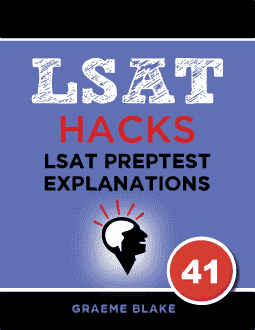QUESTION TEXT: The people most likely to watch a televised debate between…
QUESTION TYPE: Weaken
CONCLUSION: Winning a televised political debate does little to increase a politician’s chances of winning an election.
ANALYSIS: This is a good example of an argument that sounds good but utterly defies common sense. Think back to the last presidential debate: everyone talked about it the next day. Debates can and do influence even those who don’t watch them.
___________
- We don’t know if the debate is exciting. 2. The debate watchers are already committed, and likely to vote anyway. 3. Does this specifically weaken the conclusion that winning does little? Are viewers more likely to vote for the winner?
- CORRECT. Yes. Even if you don’t change the minds of people watching, positive press may give you an advantage. This weakens the argument.
- This is implied by the recognition that many people are already committed to a particular candidate. Of course they will disagree about who won.
- This is so vague as to be useless. We’re trying to show that winning a debate could bring some advantage. This answer choice just tells us that “some” people “might” be influenced in “unpredictable ways.”
- The argument recognizes this. Further, this answer doesn’t help us show that winning a debate will help a candidate.
Recap: The question begins with “The people most likely to watch a televised debate between”. It is a Weaken question. Learn more about LSAT Weaken questions in our guide to LSAT Logical Reasoning question types.


Leave a Reply